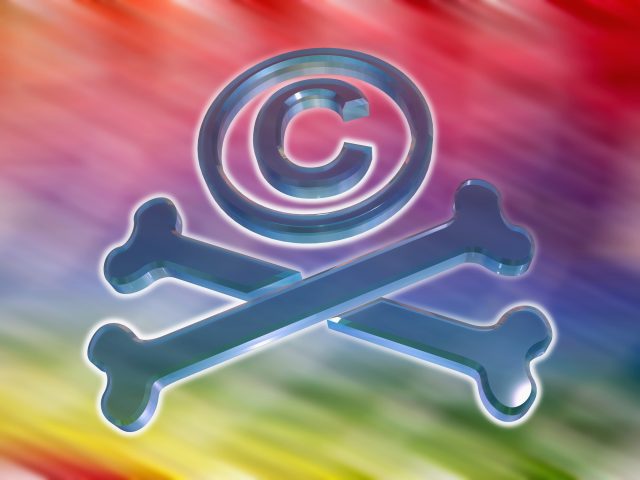
So it's more than a bit surprising that an exhaustive study of piracy's effects by the European Commission found that "illegal consumption [of games] leads to increased legal consumption." To be more precise, the study estimates that for every 100 games that are downloaded illegally, players actually legally obtain 24 more games (including free games) than they would in a world in which piracy didn't exist.
The 306-page "Estimating Displacement Rates of Copyrighted Content in the EU" report (PDF) points out a number of caveats for this headline number, not least of which is a 45-percent error margin that makes the results less than statistically significant (i.e. indistinguishable from noise). That said, the same study finds that piracy has the more-expected negative effects on sales of films and books (and a neutral effect on music), singling out games as one area where piracy really does seem to work differently.
"This positive effect of illegal downloads and streams on the sales of games may be explained by the industry being successful in converting illegal users to paying users," the study authors write. Increased game sales may come from piracy as "players [get] hooked and then [pay] to play the game with extra bonuses or at extra levels," they continue. When it comes to games, "only free games are more likely displaced by online copyright infringements than not,"—that is, people who pirate games seem to use them as replacements for other free gaming options more than for games they would otherwise buy.
How do they know?
The core of the study's findings come from surveys of 30,000 consumers in six EU countries (UK, Germany, France, Spain, Poland, and Sweden). Thus, it relies largely on self-reported data about game purchases and use of illegal download sites. But the study isn't so naive as to simply ask "how many games do you pirate" and "would you buy more games if piracy wasn't an option" and be done with it.
On the contrary, the study authors take pains to use a number of survey strategies and statistical models to limit the effects of false and misremembered responses, as well as the "endogeneity" problem in the correlation (i.e. people who like games are more likely to play both pirated and legitimate games).
For instance, the survey asks respondents about their generalized moral attitude toward piracy and their familiarity with piracy terms, both of which are highly correlated with reported piracy rates. As the study authors put it, "if people know piracy terms but do not report piracy, this might indicate untruthful responses."
Respondents were also asked specific questions about their willingness to pay various prices for their last illegal download to try to transform hypothetical counterfactuals about a piracy-free world into specific questions about an actual game. Finally, econometric models were used to estimate piracy's effects based on piracy-correlated factors like the availability of high-speed Internet and the frequency people use the Internet to read about news or to do homework.
While it may be truly impossible to know what a piracy-free world would look like, this is one of the more exhaustive and rigorous efforts we've seen to actually suss out whether and how much piracy displaces legitimate game sales. The counterintuitive finding that sales likely increase as piracy goes up should be taken with a grain of salt, but it can't be dismissed entirely.
reader comments
139